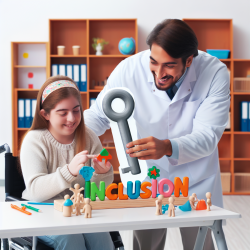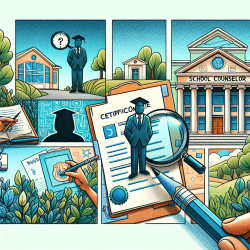Occupational therapy plays a pivotal role in enhancing the social participation of students with disabilities within general education classrooms. The essence of this support lies not just in academic success but in fostering meaningful relationships and a sense of belonging among these students. The journey toward this goal, however, is paved with challenges, insights, and the continuous evolution of strategies aimed at nurturing an inclusive educational environment.
Students with disabilities often face hurdles in establishing and maintaining friendships, which are crucial to their social and emotional development. Research highlights a concerning trend: these students have fewer reciprocated friendships and experience lower stability in relationships compared to their peers without disabilities. This disparity is further exacerbated by social isolation and a lack of social acceptance, underscoring the urgent need for targeted interventions that address these gaps.
The significance of social participation extends beyond the realm of personal connections. It is intrinsically linked to better functional and psychosocial outcomes, including reduced behavioral and emotional problems and improved subjective health status. Such benefits underscore the vital role of social participation in creating a learning environment that supports the holistic development of all students.
Occupational therapists, integral to addressing these needs, often encounter obstacles such as role confusion, a limited knowledge base, and a need for more comprehensive preparation and resources. These challenges highlight the necessity for enhanced training and continuing education in psychosocial interventions, equipping therapists with the tools and knowledge to effectively support students.
The dissertation under discussion synthesizes four research projects centered on social participation for students with disabilities in general education classrooms. These studies collectively emphasize the need for occupational therapy practitioners to:
- Provide practical knowledge to all individuals within the educational environment.
- Collaborate closely with team members for effective intervention, program development, and goal setting.
- Facilitate the involvement of students in valued school roles and activities.
- Structure and adapt activities to ensure active participation from all students.
This body of work not only sheds light on the current state of social participation interventions but also charts a path forward for occupational therapy practice. It calls for a concerted effort to integrate practical knowledge, foster collaboration, and create inclusive activities that cater to the diverse needs of students. By doing so, occupational therapists can significantly contribute to an educational landscape where every student, regardless of disability, can thrive socially and academically.
For more information, please follow this link.










